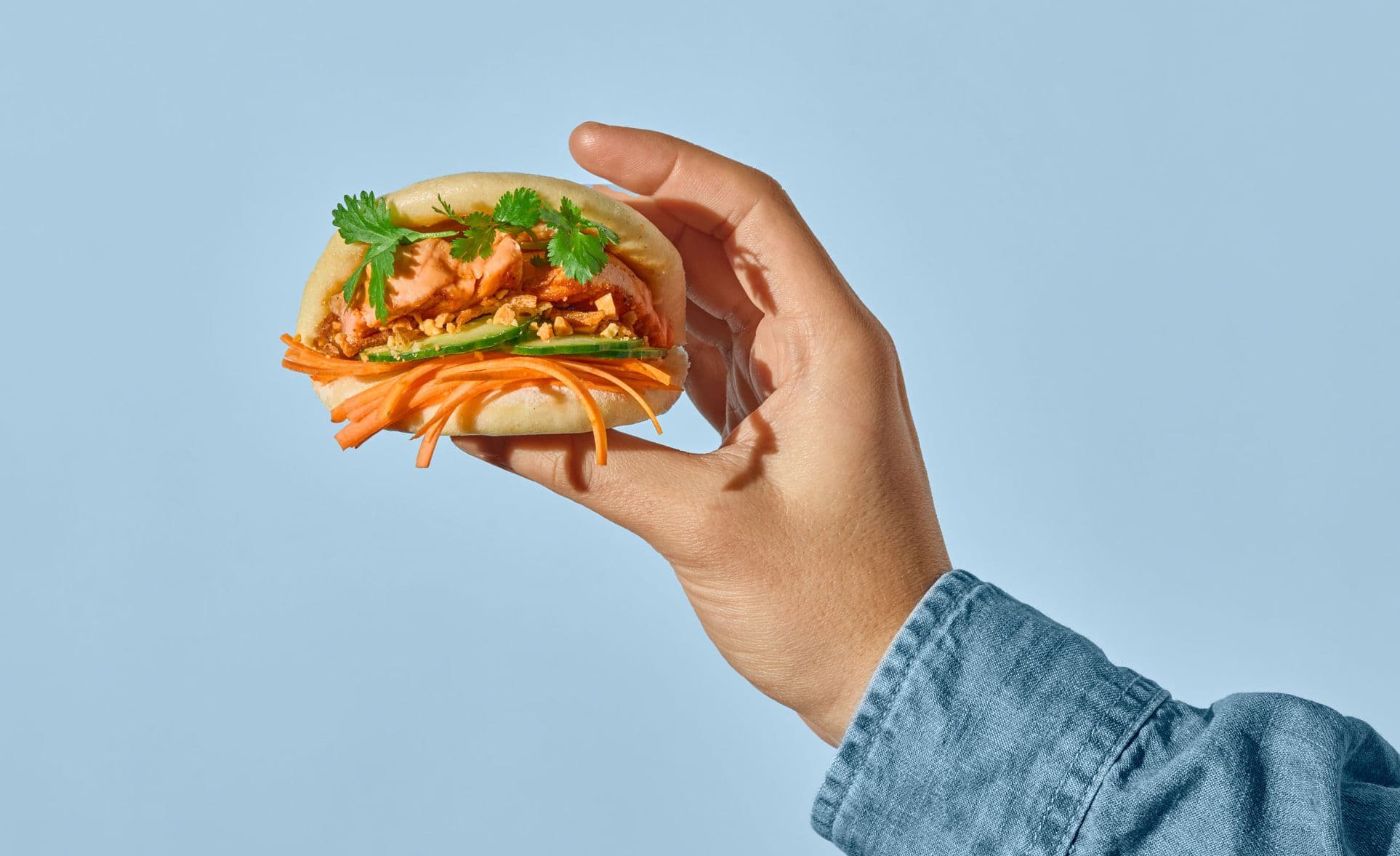
Sales and logistics
To ensure that our values are lived out throughout the value chain, we work closely with our production facilities to make sure our salmon meet the highest quality standards, while delivering the products in an efficient and responsible manner.
Logistics is a central part of the sales organization's work. Approximately 75% of our production is exported - which makes us completely dependent on reliable and ethically responsible carriers. Transport is one of the most important external services we use, and we are therefore very careful in our choice of partners. We only enter into agreements with transport companies that share our values, and we place great emphasis on integrity in all our choices. We do not want to compromise on our ethical guidelines.
Salmon – part of the solution
The world is facing major challenges when it comes to both population growth and increasing pressure on food resources. This makes it increasingly important to find sustainable solutions that can meet the growing need for nutritious and responsibly produced food. Salmon is an important source of protein, which is also rich in essential nutrients such as omega-3 fatty acids and vitamin D. These nutrients are essential for good health, and several health organizations and international dietary guidelines highlight seafood as an important part of a balanced diet.
We also know that the aquaculture industry has significantly lower greenhouse gas emissions compared to other parts of the food industry. For example, Norwegian farmed salmon has emissions upon delivery to packaging facilities that are only 20% of the emissions from cattle. This – alone – makes salmon and seafood an important component in ensuring sustainable food security in the years to come.
Social sustainability
Sustainability is a broad concept, and for us it is a value that runs through all aspects of our business. It includes everything from fish welfare and responsible management of marine resources, to social sustainability and a diverse working environment. Our sales organization, which was established five years ago, is constantly evolving. With 42 skilled employees, we have a wide range of ages and experience – which enriches the organization and enables us to adapt quickly in a dynamic market. Social sustainability is also about contributing positively to the local communities we are a part of. The coastal areas we operate in play an important role in our business, and it is therefore a great pleasure for us to be able to give back by creating jobs and contributing to positive ripple effects. Our goal is to create long-term value – not only for our customers and employees, but also for the local communities we are a part of. We believe in building sustainable relationships that can provide benefits for many years to come, for the benefit of both people and the environment.